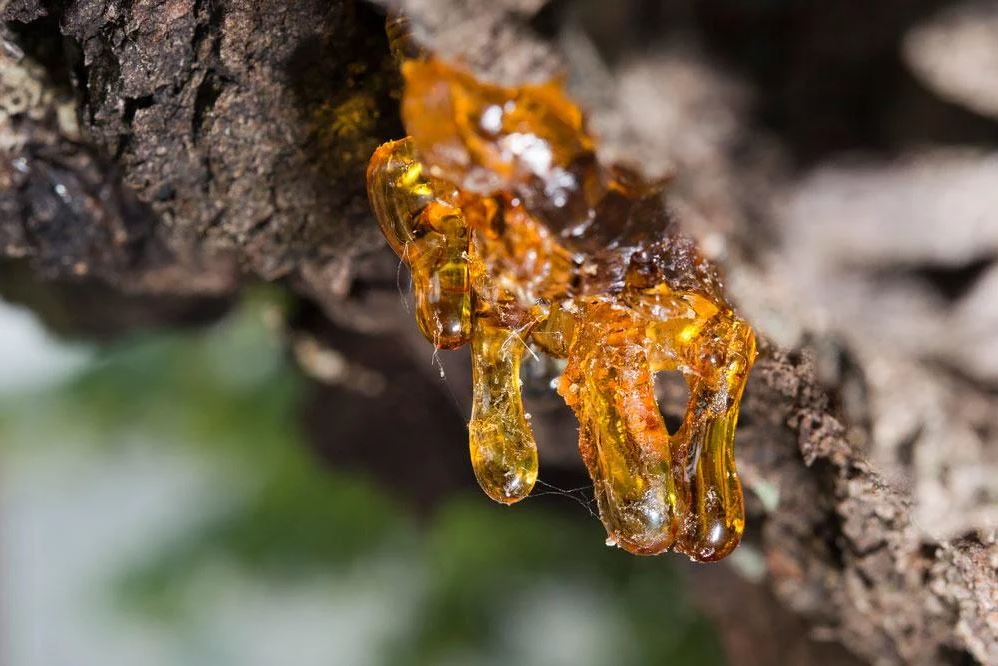
The fragrant resin known as frankincense is derived from the Boswellia tree. Traditionally, it was primarily used for religious purposes, but increasingly, its medicinal properties are being recognized. Boswellia, or frankincense, has been used for the treatment of inflammation for quite some time. In ancient Egypt, it was referred to as “God’s fragrance” and “divine substance.”
The serrata variety of Boswellia, also known as Indian frankincense, is a plant belonging to the Sapindales order, which produces the resin known as frankincense. All plants in the Boswellia genus are medium-sized flowering trees and shrubs. Its native habitat is India and the Punjab region, extending into Pakistan. This particular variety of Boswellia is the most extensively studied. Resin is obtained from the trunk and larger branches of this plant through incisions.
Of significant importance are the boswellic acids, which, by their chemical structure, are a series of pentacyclic triterpenoid molecules produced by plants of the Boswellia genus. Like many other terpenes, boswellic acids are found in the resin of the plant, constituting approximately 30% of the Boswellia serrata resin.
Particular attention is given to the pronounced anti-inflammatory properties of Boswellia, which are utilized in the treatment of various inflammatory conditions. By inhibiting the activity of 5-lipoxygenase in the body, the inflammatory response is significantly reduced.
Boswellia is not only anti-inflammatory but also, based on clinical studies, it is used in cancer treatment. Compounds found in this plant promote apoptosis, or natural cell death, as well as inhibit topoisomerase activity in tumor cells. Therefore, Boswellia is used in the treatment of brain tumors to alleviate tissue swelling around the growth.
Numerous clinical studies confirm that this plant is effective in the treatment of Crohn’s disease and ulcerative colitis. It is also used in the treatment of rheumatoid arthritis and asthma.
The absorption of Boswellia preparations through the gastrointestinal tract is minimal, so parenteral administration in infusions is recommended. For oral consumption to achieve the desired effect, it is necessary to ingest at least 1600 mg of Boswellia extract daily.
